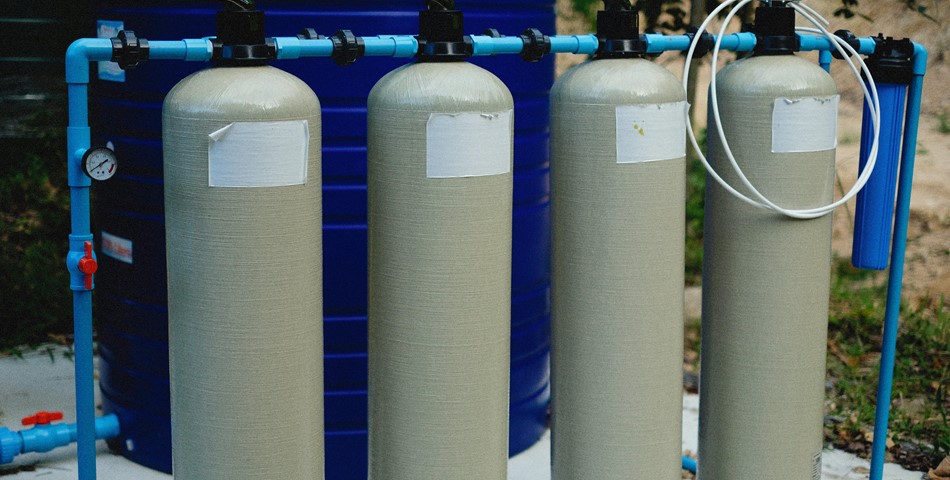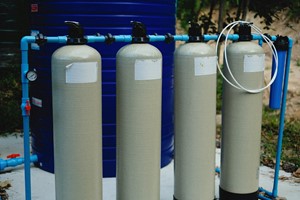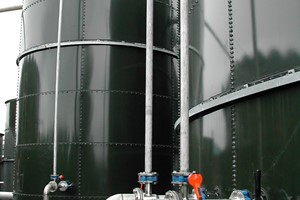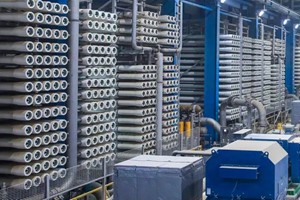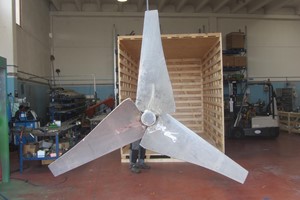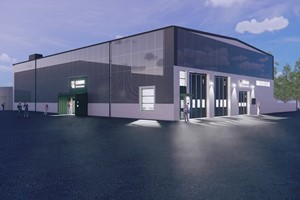Wastewater from different industries gets treated in effluent treatment plants (ETPs), providing an environmental support by keeping the society clean. This necessitates differentiating fixed costs from operational costs when managing finance in an ETP. In this section, we will discuss the meaning of fixed costs and other expenses related to ETP in relation to how they play key roles in managing such important plants’ life.
The Fixed Costs of Effluent Treatment Plants
Fixed costs at an ETP are those expenses which tend to be more or less continuous no matter how much wastewater is being processed. Such costs are always paid out even if the plant runs at full capacity. The facility has fixed cost requirements necessary for its establishment, as well as costs related to its maintenance and regulatory compliance.
Here Are Some Common Fixed Costs Associated with ETPs:
Infrastructure Costs: It consists of the first capital costs that require building the treatment plant including construction of buildings, installation of equipment, and land purchase. This includes getting other treatment equipment, such as the aeration tank, clarifiers, and pump set.
Regulatory Compliance Costs: Environmental regulations and standards are imposed by local, state, and federal authorities with regard to ETPs. The compliance costs include the costs of getting a permit, monitoring, and reporting so as to enable the plant to operate according to law.
Labor and Staffing: Fixed costs can include core staffing of plant operations personnel, maintenance workers, and administration employees, although some labor costs may vary with changes in workload, including salaries, employee benefits and training of ETP staff.
Depreciation: Depreciation involves reducing gradually the cost of plants and equipment by the virtue that it diminishes in worth progressively. It’s an essential element in measuring the financial soundness of a firm but not a direct cash outflow as such.
Insurance and Taxes: Insurance is needed to cover any accident that may arise in operation or environmental-related issues. Fixed costs also include property taxes.
Expenses In Wastewater Treatment Facilities.
These costs include wastewater volumes, types of treatment techniques used, operating hours, and energy costs of various facilities involved in treating the wastewater. They result from the routine operation and maintenance of the plant. Optimizing the plant performance requires that one comprehends and manages the operating cost effectively. Here are some common operating costs in ETPs:
Energy Costs: A lot of electrical power is required when it comes to operating equipment such as pumps, blowers, mixers, and aerators. The load and treatment processes also affect energy costs.
Chemicals and Reagents: Coagulants, flocculants, pH adjusters and disinfectants are common chemicals or reagents used in ETPs. The amounts and types of chemicals required depend on the nature of wastewater.
Maintenance and Repairs: The Plant requires regular maintenance for its efficient working. Such include routine servicing of equipment, repairs, and replacement of worn-out parts.
Labor (Variable): Variable Labor Costs may also include temporary staff and overtime during peak workload period.
Sludge Handling and Disposal: Sludge is also produced during the treatment process and has to be managed accordingly. Dewatering, transportation costs, and disposal may be very high.
Water Source Costs: One of the significant operating costs resulting from water scarcity in various parts is the cost of finding water for the treatment.
The Importance of Fixed and Variable Costs.
Knowing the difference between fixed and operating costs is imperative for successful financial planning and management within an ETP. It allows plant operators and managers to: Budget Effectively: By understanding the fixed and operating expenses, you can make realistic budgets and financial forecasts that will ensure a viable future for the plant.
Optimize Operations: By identifying operating costs, managers can concentrate on minimized variable expenses by increasing efficiency.
Comply with Regulations: Fixed costs provide for legal standards, which should be met by treating plants, whereas operating costs are necessary to meet treatment standards in compulsory mode.
Evaluate Investments: Understanding fixed costs is crucial for determining the viability of upgrades or expansion and its profitability.
Conclusion
Industrial wastewater must be treated at the effluent treatment plants to protect the environment. Managing the facility cost in terms of fixed and operating costs must be done correctly to ensure the longevity and viability of such premises. Fixed costs pertain to essential infrastructural investments and compliance with the existing regulation. Operating costs, by contrast, relate specifically to everyday treatment undertakings. Understanding these costs and successfully managing them helps ETP operators to operate efficiently, attune to legislation and protect the environment in the long term.
Edited by Yehya Aoun



